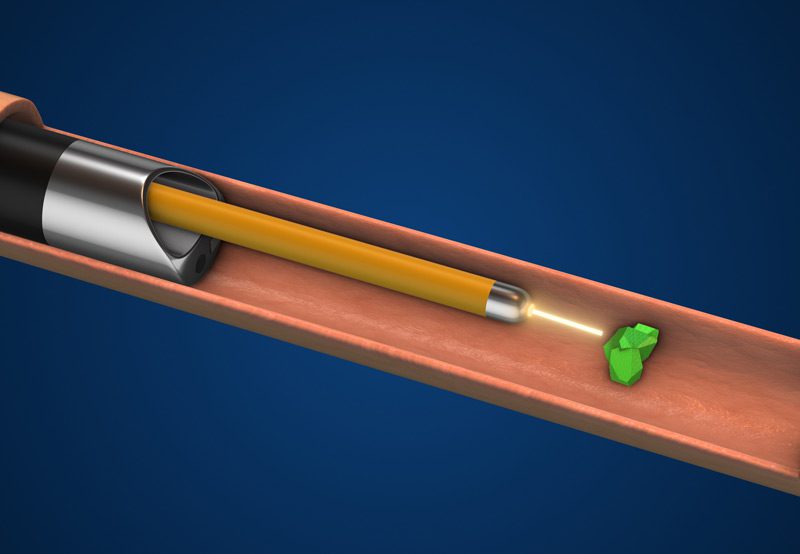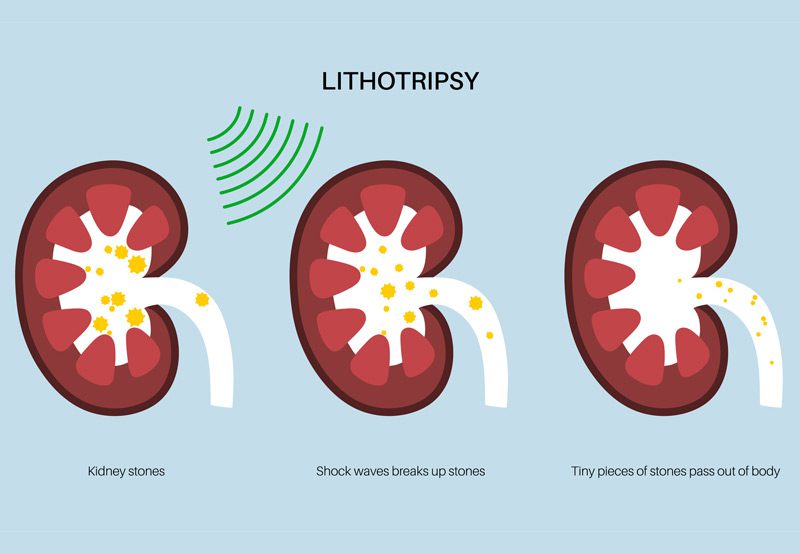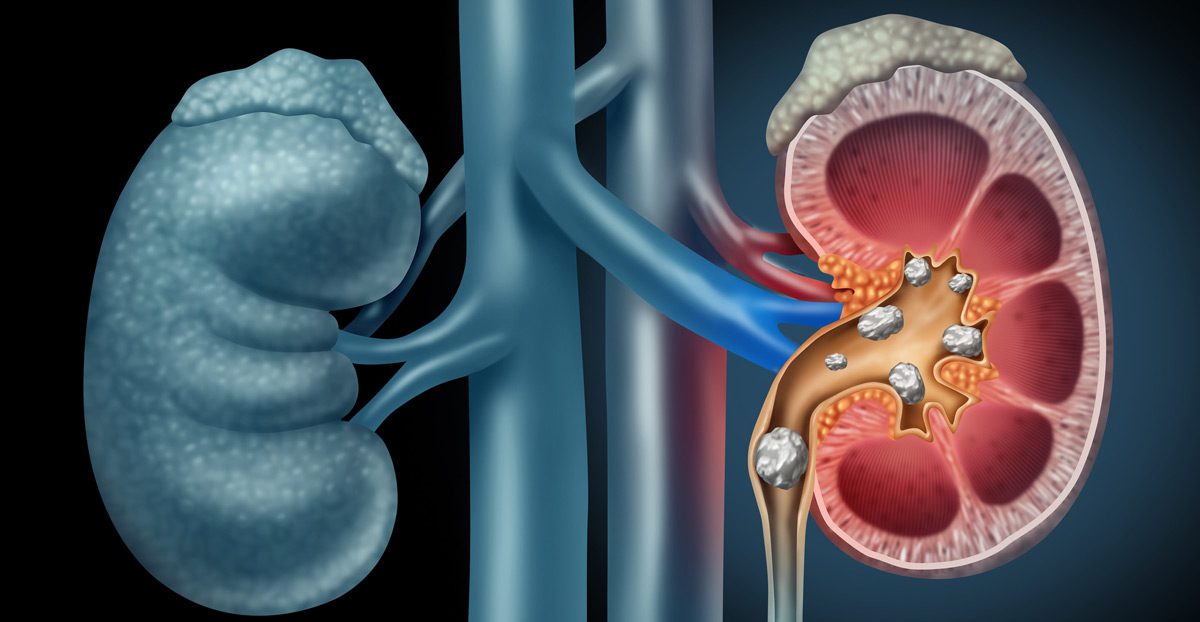

Lithotripsy is a non-invasive or minimally invasive procedure used to break apart kidney stones, ureteral stones, or bladder stones so they can be passed more easily through the urinary tract. It is commonly recommended for patients experiencing stone-related symptoms such as flank pain, hematuria (blood in the urine), urinary tract infections, or urinary obstruction. Lithotripsy is especially helpful when stones are too large to pass on their own or are causing complications.
Causes of Stones Requiring Lithotripsy
- Kidney Stones: Formed from crystallized minerals or salts in the kidneys.
- Ureteral Stones: Stones that have migrated into the ureter and are blocking urine flow.
- Bladder Stones: Typically caused by urinary retention or bladder outlet obstruction.
These stones may result from dehydration, metabolic disorders, recurrent UTIs, dietary factors, or anatomical abnormalities in the urinary tract.

Diagnosis
Before recommending lithotripsy, a urologist will typically confirm the presence, size, and location of the stone(s) using imaging studies such as:
- Non-contrast CT scan (preferred for stone detection)
- Ultrasound
- X-ray
- Urinalysis to assess for infection or blood in the urine
Treatment Options
- Extracorporeal Shock Wave Lithotripsy (ESWL): Uses high-energy sound waves delivered from outside the body to fragment kidney or ureteral stones. Best for stones smaller than 2 cm located in the kidney or upper ureter.
- Ureteroscopy with Laser Lithotripsy: A thin scope is inserted through the urethra and bladder into the ureter, where a laser breaks the stone into smaller pieces. This is preferred for mid-to-lower ureteral stones or ESWL-resistant stones.
- Percutaneous Nephrolithotomy (PCNL): For large or complex kidney stones, a small incision is made in the back to access and break up the stone directly. Often used when other methods are insufficient.
Next Steps
If you’re experiencing symptoms related to kidney, ureteral, or bladder stones, lithotripsy may be a safe and effective solution. A urologist will evaluate your stone’s size, location, and composition to recommend the most appropriate form of treatment. Prompt evaluation can reduce complications such as infections, obstruction, or long-term kidney damage.
